Why Russia’s media regulator is targeting the BBC
Kremlin hits back at Ofcom’s decision to censure RT over breach of impartiality laws
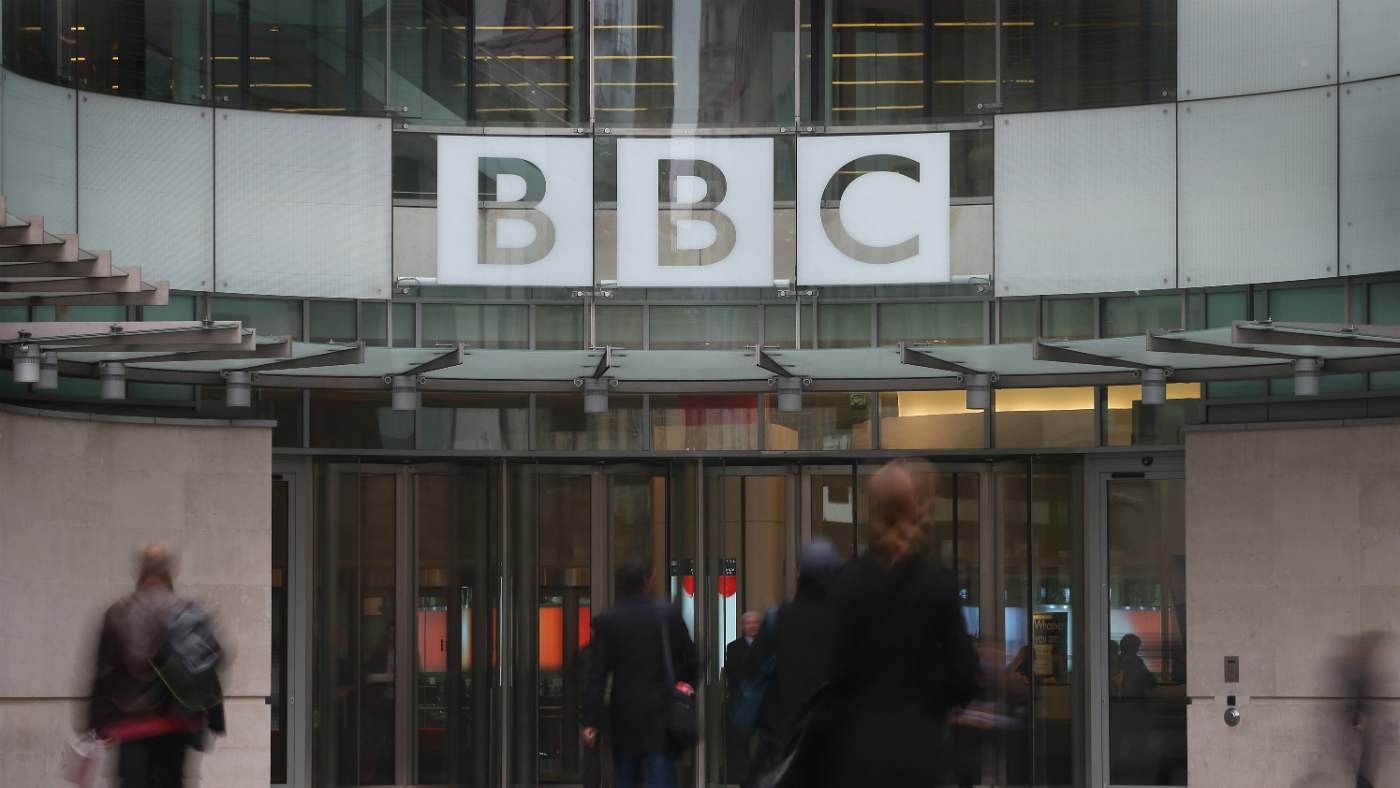
A free daily email with the biggest news stories of the day – and the best features from TheWeek.com
You are now subscribed
Your newsletter sign-up was successful
Russia’s media regulator has announced it is launching an investigation into whether the BBC is in compliance with Russian law, in an apparent tit-for-tat retaliation after Ofcom censured Kremlin-backed news channel RT.
Russian watchdog Roskomnadzor says it is looking into the activities of the BBC World News channel and BBC internet sites to determine whether they have broken impartiality rules during their news and current affairs programmes.
A statement from the regulator added that the move is a direct response to a decision by the UK media regulator, which on Thursday condemned state-owned network RT, formerly known as Russia Today, for impartiality rule breaches.
The Week
Escape your echo chamber. Get the facts behind the news, plus analysis from multiple perspectives.

Sign up for The Week's Free Newsletters
From our morning news briefing to a weekly Good News Newsletter, get the best of The Week delivered directly to your inbox.
From our morning news briefing to a weekly Good News Newsletter, get the best of The Week delivered directly to your inbox.
“The results of our check will be announced separately,” Roskomnadzor said.
Founded in 2005, RT has been “accused in the West of operating as a propaganda outlet for the Kremlin”, although the channel “rejects the allegations, saying it provides audiences with alternative angles and viewpoints to mainstream Western media”, Bloomberg reports.
Ofcom had initially placed RT under investigation over its reporting of the poisoning of Sergei Skripal in Wiltshire in March, accusing the channel of failing to be impartial in seven news and current affairs programmes over a six-week period up to May.
The Ofcom investigation found that RT’s reporting of the ongoing war in Syria was also in breach of impartiality laws.
A free daily email with the biggest news stories of the day – and the best features from TheWeek.com
The regulator later stated that it was “minded to consider imposing a statutory sanction” on RT, for failing to give due weight to a wide range of voices on a matter of major political controversy, reports Irish broadcaster RTE. Possible penalties could include the broadcaster being fined or even having its licence revoked.
Culture Secretary Jeremy Wright has issued a statement that used what The Guardian calls “substantially stronger language than Ofcom” and that appeared to “urge a tough punishment”.
“Russia Today’s mask as an impartial news provider is clearly slipping,” he said. “We know some foreign regimes will use any vehicle at their disposal to sow discord in the West. It is vital that as a society we remain vigilant to the spread of harmful disinformation, and Ofcom has strong powers to tackle it where it occurs in broadcast news.”
The Kremlin has been equally quick to point a finger of blame at the BBC.
Vladimir Putin’s spokesperson, Dmitry Peskov, said: “Let’s say many of us have had many concerns over a long time about the BBC. About their tendentious, biased and pre-programmed coverage.
“Of course no one has the right to criticise the media for this. That can only be done by the relevant legal body. This is why it is happening.”
Reuters reports that an “unnamed source familiar with the investigation” had told Russian media that the BBC’s activities in the country “could be restricted if it was found to be in breach of Russian law”.
The BBC has denied the allegations. “As everywhere else in the world, the BBC works in Russia in full compliance with the country’s laws and regulations to deliver independent news and information to its audiences,” said a spokesperson for the broadcaster.
-
 How the FCC’s ‘equal time’ rule works
How the FCC’s ‘equal time’ rule worksIn the Spotlight The law is at the heart of the Colbert-CBS conflict
-
 What is the endgame in the DHS shutdown?
What is the endgame in the DHS shutdown?Today’s Big Question Democrats want to rein in ICE’s immigration crackdown
-
 ‘Poor time management isn’t just an inconvenience’
‘Poor time management isn’t just an inconvenience’Instant Opinion Opinion, comment and editorials of the day
-
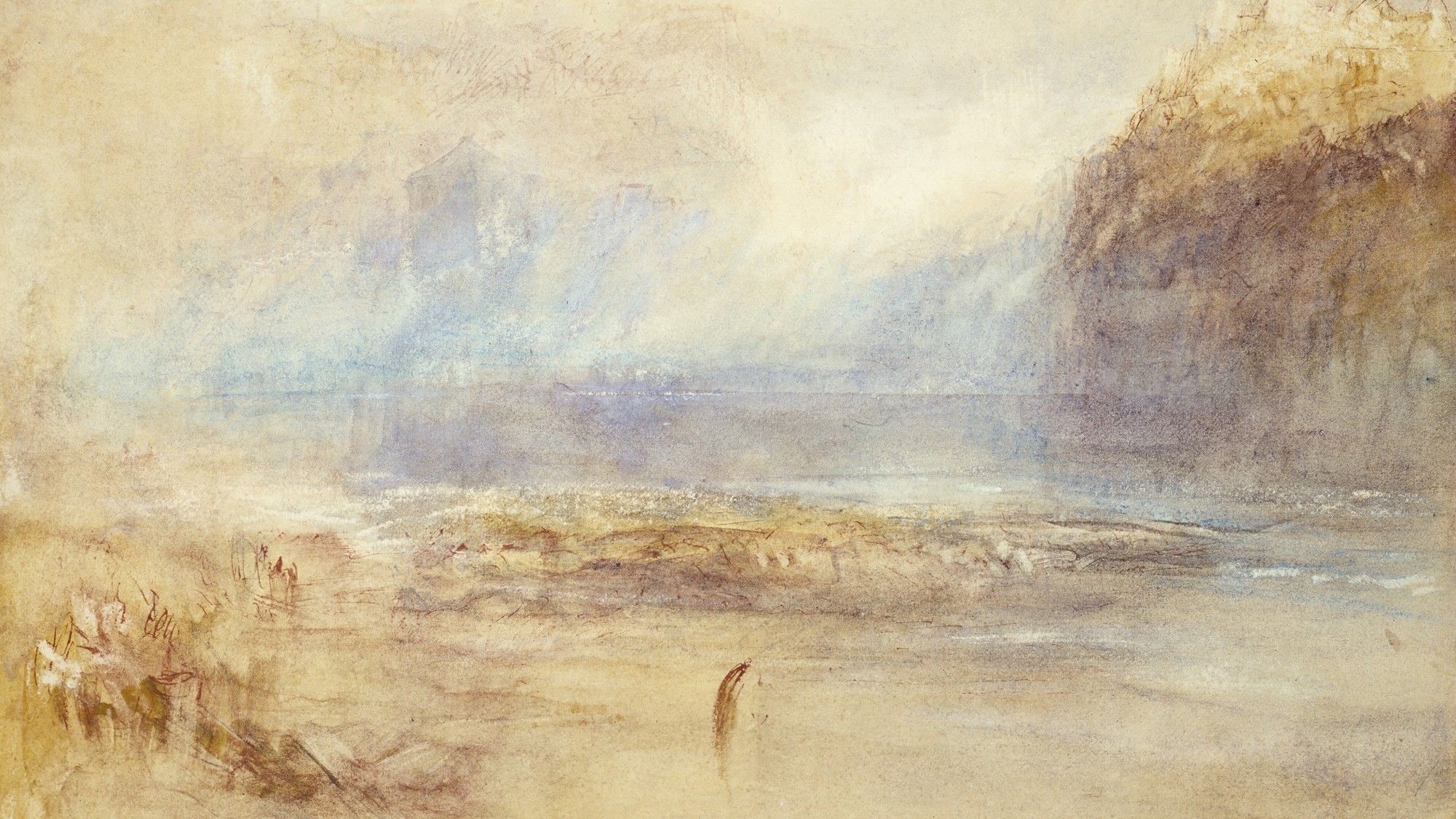 Turner: The Secret Sketchbooks – a fascinating portrait of the great painter
Turner: The Secret Sketchbooks – a fascinating portrait of the great painterThe Week Recommends BBC2 documentary examines the rarely seen sketchbooks of the enigmatic artist
-
 Dianarama examines the ‘extraordinary scale’ of Martin Bashir’s lies
Dianarama examines the ‘extraordinary scale’ of Martin Bashir’s liesThe Week Recommends Andy Webb’s book is packed with ‘astonishing’ allegations surrounding Princess Diana’s 1995 Panorama interview
-
 Eurovision faces its Waterloo over Israel boycotts
Eurovision faces its Waterloo over Israel boycottsTalking Point Five major broadcasters have threatened to pull out of next year’s contest over Israel’s participation
-
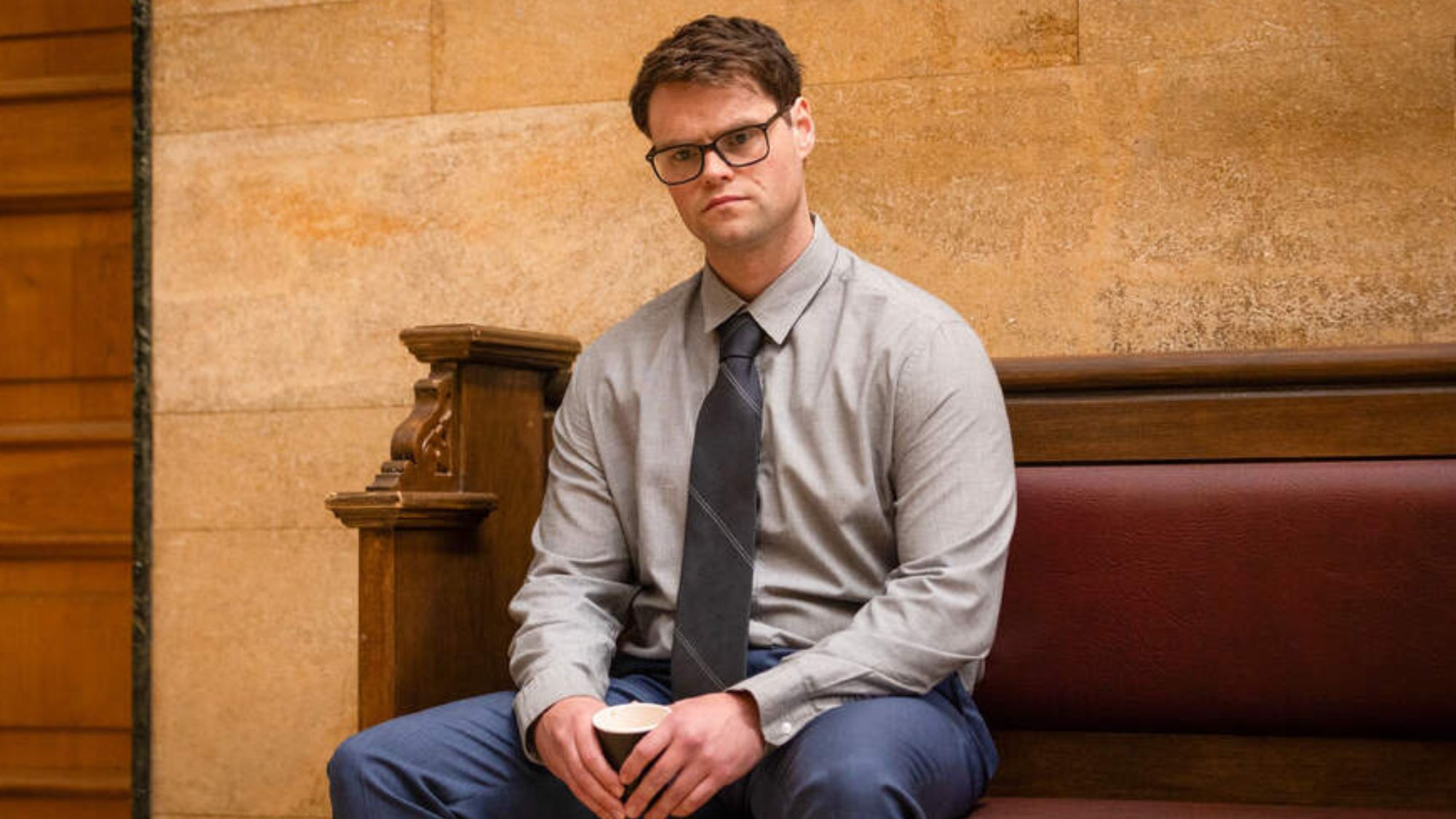 Unforgivable: harrowing drama about abuse and rehabilitation
Unforgivable: harrowing drama about abuse and rehabilitationThe Week Recommends 'Catastrophic impact' of abuse is explored in 'thought-provoking' series
-
 How to go on your own Race Across the World
How to go on your own Race Across the WorldThe Week Recommends The BBC hit show is inspiring fans to choose low-budget adventures
-
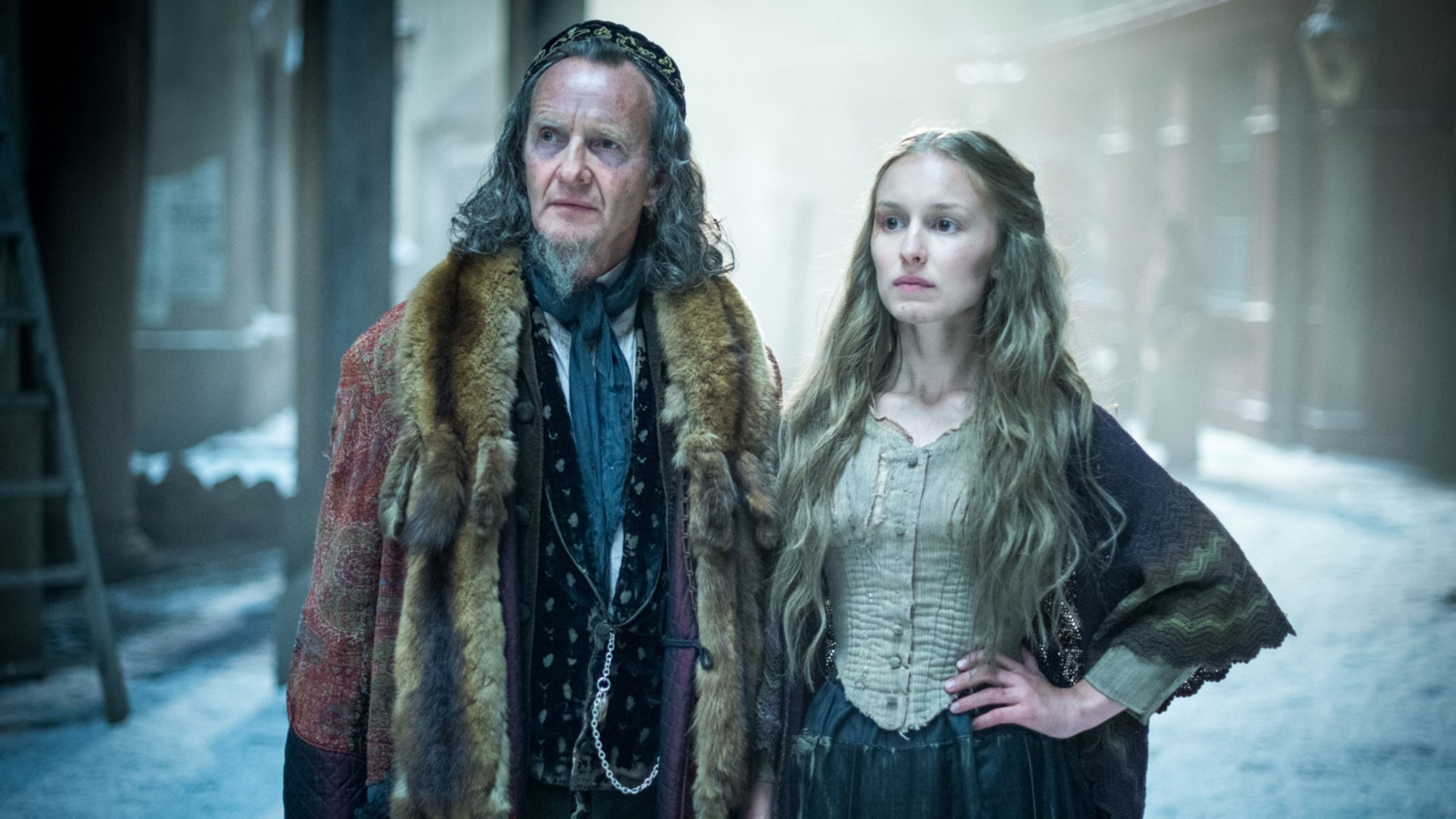 The top period dramas to stream now
The top period dramas to stream nowThe Week Recommends Heaving bosoms and billowing shirts are standard fare in these historical TV classics
-
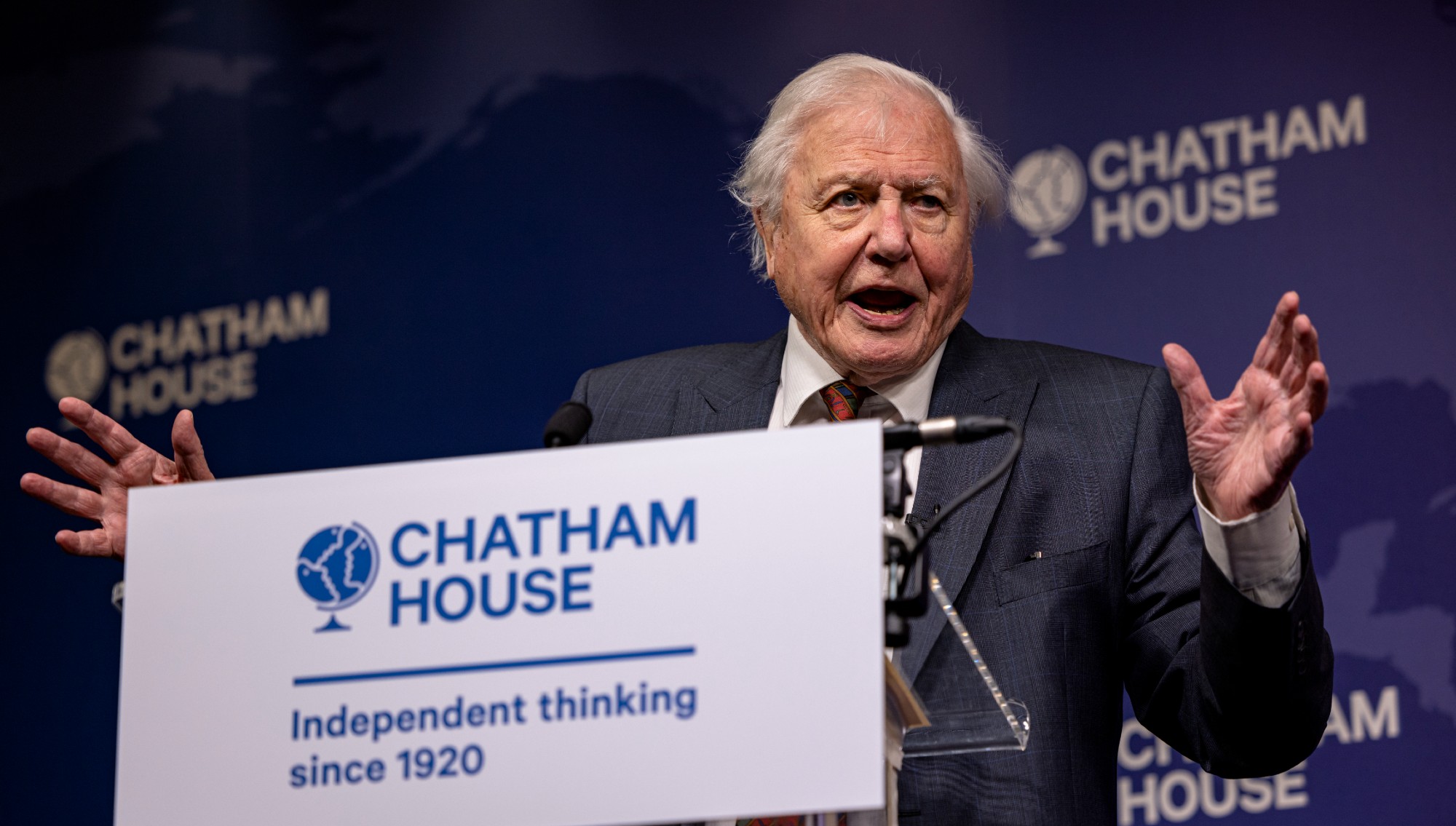 David Attenborough at 99: a 'radical' voice for climate action
David Attenborough at 99: a 'radical' voice for climate actionIn The Spotlight In his new film 'Ocean', TV's best-known naturalist delivers his strongest message yet
-
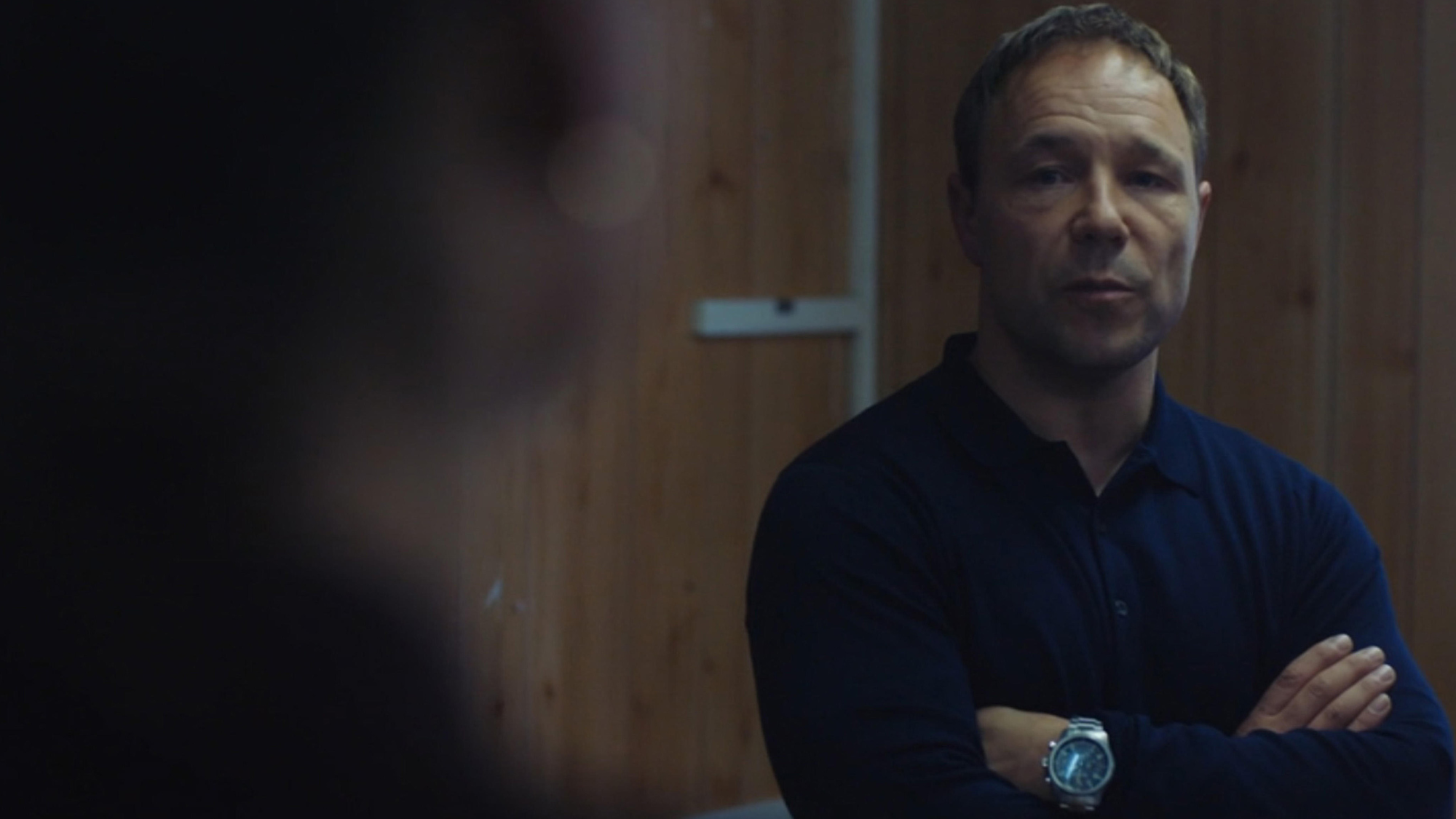 Stephen Graham's best TV and film roles
Stephen Graham's best TV and film rolesThe Week Recommends From Line of Duty to Adolescence, these are the prolific actor's must-watch projects